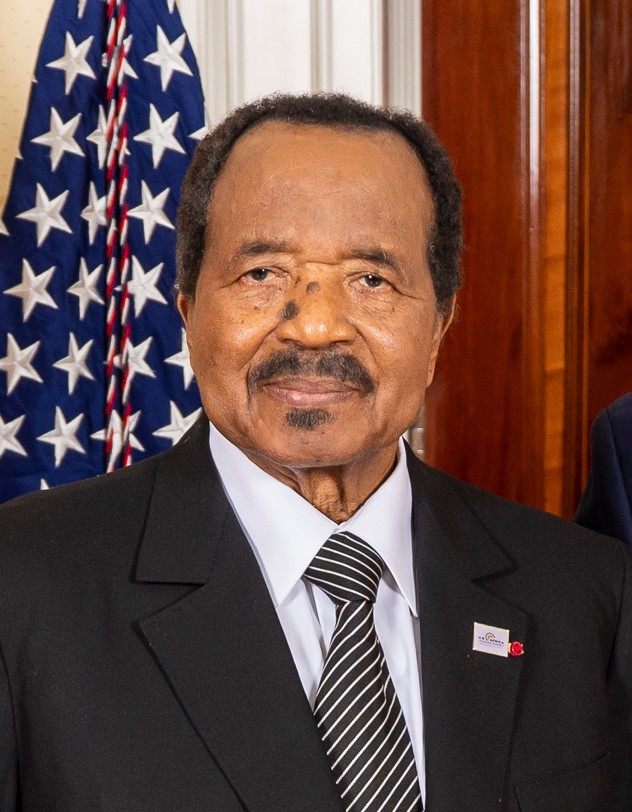Fact-Check Report: By Abdul Lauya
Social media has been awash with dramatic claims that Cameroon’s long-serving president, Paul Biya, has been overthrown in a military coup. Viral messages, particularly on WhatsApp and Facebook, alleged that the 91-year-old leader was removed by the armed forces and replaced by a military head of state. These claims spread rapidly across West and Central Africa, fueled by widespread public frustration, Biya’s prolonged rule, and political tension ahead of the country’s October 2025 presidential election.
But how true are these rumours?
After thorough investigation, the claim that a coup has taken place in Cameroon is entirely false. No credible international or local news outlets have reported any military takeover. There has been no official announcement from Cameroon’s Ministry of Defense, government agencies, or foreign embassies confirming such an event.
In fact, President Paul Biya remains firmly in power. Just weeks ago, he made a public appearance in Yaoundé during a national celebration, quelling growing speculation about his health and visibility. According to a report by The Times of London, Biya appeared publicly to “quash rumours of death,” directly addressing concerns about his continued rule (The Times).
Furthermore, Biya has confirmed his candidacy in the upcoming October 2025 election. The National Council of Traditional Rulers of Cameroon, a significant traditional and political body, formally endorsed his bid during a meeting earlier this year, signaling continued establishment support. Meanwhile, state media and official government social media platforms remain active and under his administration’s control.
So, what sparked these false reports?
The rumor mill appears to be fueled by a mix of political anxiety, Biya’s prolonged absence from public life, and a growing generational divide within the Cameroonian electorate. As the election nears, opposition figures have ramped up their rhetoric, and the atmosphere is increasingly charged. In such conditions, misinformation spreads easily, particularly in digital spaces lacking verification.
Importantly, Cameroon’s government structure also makes a coup highly unlikely. Analysts, including from the Denis Hurley Peace Institute, have noted that Biya has deliberately fragmented the country’s security apparatus into multiple units, the army, the Gendarmerie, the Rapid Intervention Brigade, and the Presidential Guard, making a unified military revolt logistically difficult.
Conclusion
The rumor of a military coup in Cameroon is fake news. There is no coup, no new military government, and President Paul Biya remains in office as he prepares for yet another re-election campaign. While political frustration is real and growing, the transition of power, if it comes, must be through democratic means, not disinformation or fear.
As the election draws closer, Cameroonians and the international community alike are urged to remain vigilant, verify claims through trusted sources, and resist the spread of misinformation. In times of political tension, facts, not fiction, must guide the path forward.
For advert placement and inquiries, publication of press releases, and news coverages, please call: Phone: 08052898434 Email: editor@eyereporters.com, click here to view the advert rates.



